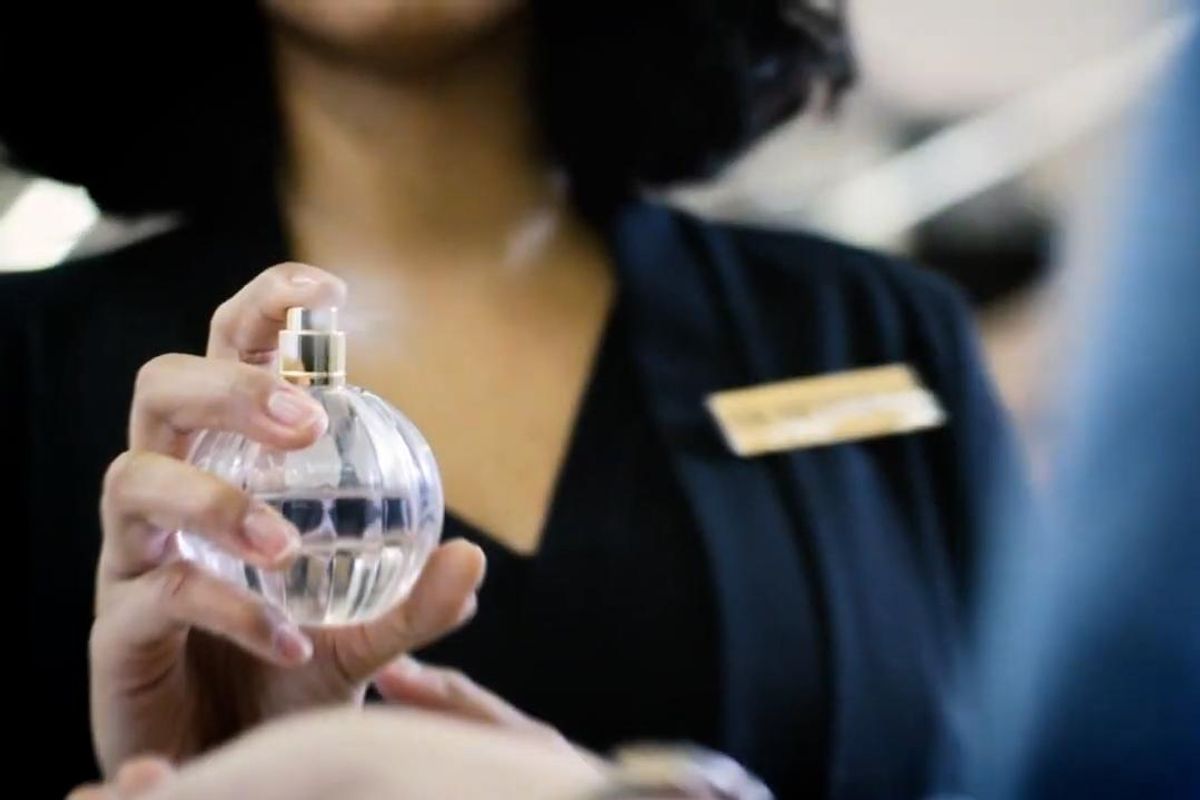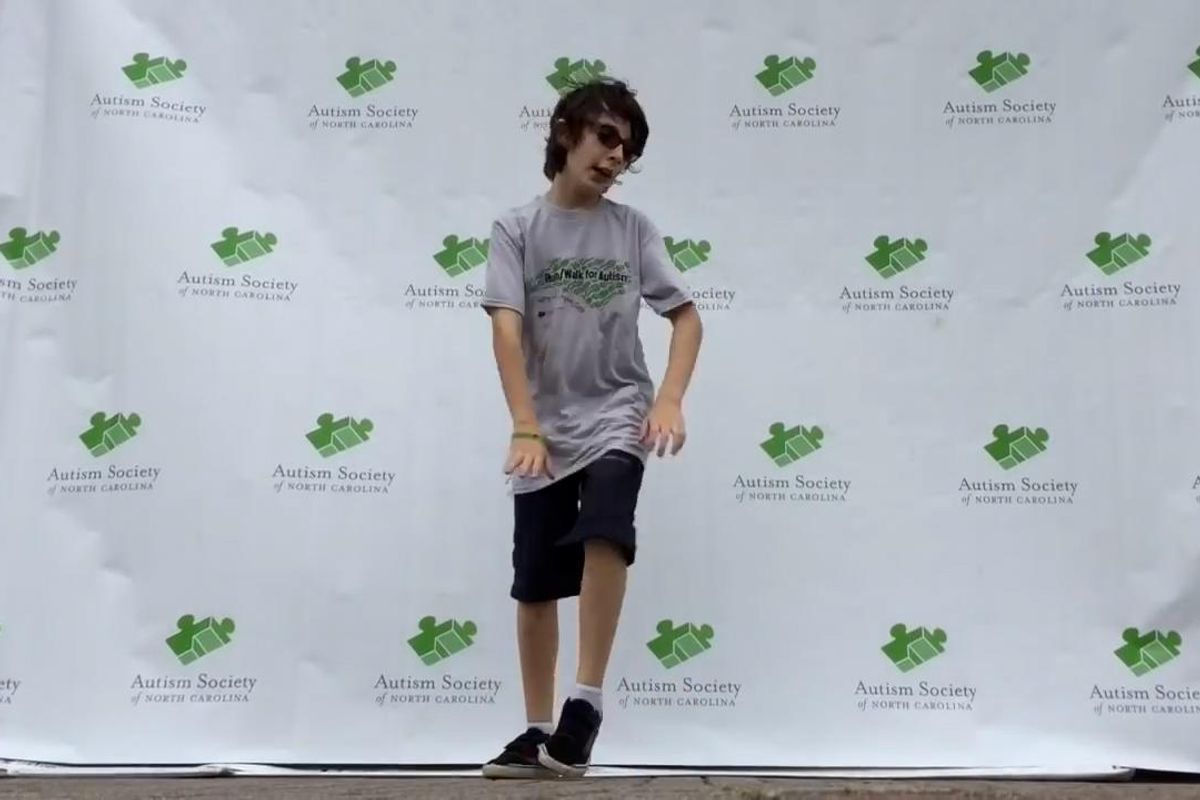'Love on the Spectrum's Abbey writes the most heartfelt song and fans are in tears
"Heart just turned into a puddle and stayed there."
This song is melting hearts everywhere.
It began in Australia. Producer Karina Holden, alongside director Cian O'Clery, had seen many dating shows and wanted to make something unique and heartfelt, geared entirely toward men and women on the autism spectrum.
O'Clery got the idea after working on a documentary about people with disabilities seeking employment. Screen Rant writer Christine Persaud shares, "After working on the Australian documentary series Employable Me, which shed light on how having a disability should not make someone unemployable, he came across an interesting and unexpected piece of information."
Holden tells Forbes Australia, "It took a long time to convince a public broadcaster [ABC] that this dating show would be done in a unique and authentic way and that there was a real public service value to the series because it spoke about people who are often marginalized and misunderstood."
But they, with Northern Pictures Productions, persevered, and the show was so well-received that it got a second season. Netflix picked it up to share with other countries around the world. From there, a U.S. version was born, airing its first season in 2022 and its most recent season just last week.
In their quest to cast vulnerable and lovable people—truly opening their lives to the examination of love and even heartbreak—the co-creators and producers exceeded expectations. Each season, the cast members (often recurring) allow cameras to follow them, their families, their dates, laughter, and tears. They're also assigned dating coaches/therapists to tenderly address some of the specific issues that come with being on the spectrum in terms of communication, perception, and processing.
It's a learning experience for the daters, their families, and the audience. And more than that, it's a downright joy. We get the honor of watching people express their purest desire—the one most every single person has on earth: to find love.
We watch two of the daters, Abbey and David, go from shy introductions all the way to traveling the world together. And this season, Abbey treats us to a song she wrote specifically for him. With lyrics like "You're the lion to my lioness" (Abbey loves lions!), "The milk to my chardonnay. My Prince Charming doesn't bring me flowers; he knows I'd rather have Gummy Bears any day," David, and their respective families, gasp, as they're so deeply overjoyed.
- YouTubewww.youtube.com
And the fans are too. It's posted on X with the caption: "You're not emotionally prepared for Abbey's song to David." A commenter replies, "Heart just turned into a puddle and stayed there." They're not wrong. It's climbing quickly in likes on TikTok, with fans feeling emotional. One points out, "Hard to believe she was once nonverbal. Sweetest thing I've ever seen." Over on YouTube, the comment section is also filled with people sharing that they were moved to tears. One writes, "Can’t lie, this made me cry like a baby, and I absolutely did not expect that to happen."
One person has compliments for their families: "Can we just say that the parents who have raised these amazing kids into young adults are beyond amazing, and we are inspired by their journeys." Another shares a common thread: "It is SO special witnessing Abbey and David's most beautiful love for one another. A true-life princess and prince fairytale!"











 At the end, George asks his classmates to come talk to him, ask him questions, or invite him to play — even if it seems like he might not want to.
At the end, George asks his classmates to come talk to him, ask him questions, or invite him to play — even if it seems like he might not want to.